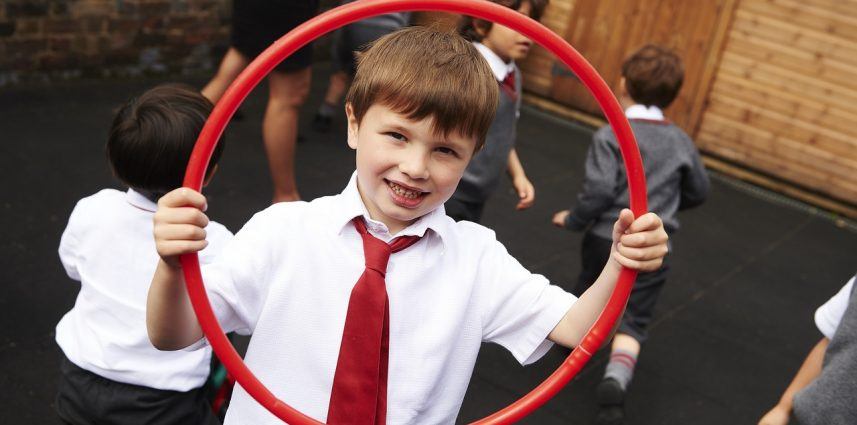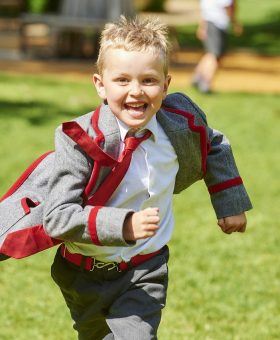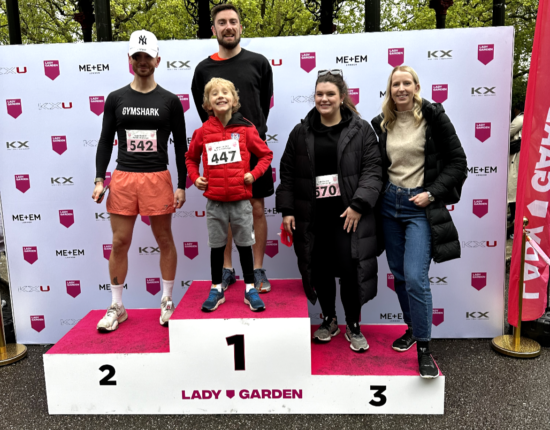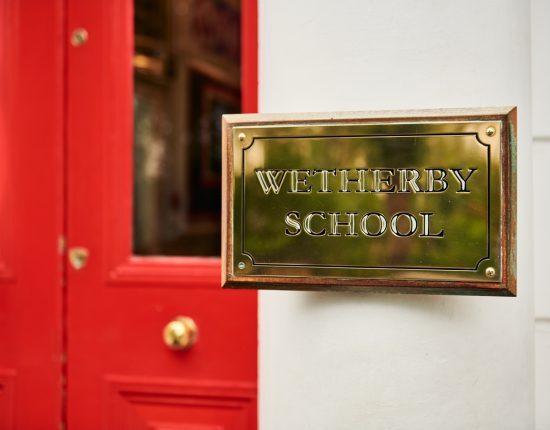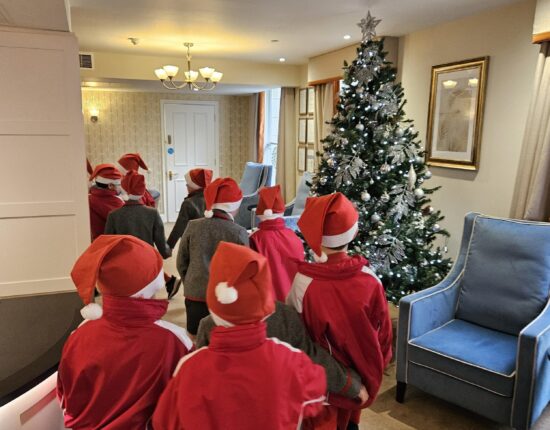At Wetherby, our pupils are keenly aware of the world around them and their place in it. Their naturally inquisitive nature is nurtured through Integrated Curriculum, which combines the traditional subjects of history and geography and seeks to connect these areas of study in a way that emphasises unifying concepts. Integrated Curriculum focuses on linking history and geography through an overarching theme, and this theme is weaved into other aspects of the boys learning, such as in art, music and English. By fostering a cross-curricular focus at Wetherby, the boys are able to more closely relate their learning content across a number of channels, make meaningful connections between various subject areas and relate them more purposefully to real life. This thematic learning approach supports higher retention of taught material and allows pupils to contextualise their understanding.
In Integrated Curriculum, it is our principal aim to teach a broad and balanced curriculum that centres on developing each boy’s historical and geographical knowledge, skills and understanding, whilst also emphasising the subjects’ relevance to and influence on their own lives, past, present and future.
When creating Integrated Curriculum lessons, we want to encourage each boy to foster an enjoyment of history and geography from an early age. Taking a skills-centred approach, we extend the boys’ natural curiosity for the world around them through encouraging them to question, explain, problem-solve and describe their knowledge and understanding of a topic. We equip pupils to be able to make decisions and evaluate evidence based a range of sources, and to record and communicate their knowledge in a variety of ways.
Ensuring a diverse and exciting curriculum is achieved through creating interactive lessons that enable pupils to investigate, explore and evaluate the topics they are studying, and developing their ideas in a fun and engaging way. Additionally, learning is extended through educational trips and workshops, a breadth of subject-specific resources (e.g., books, artefacts) and the use of technology (iPads, VR headsets).



